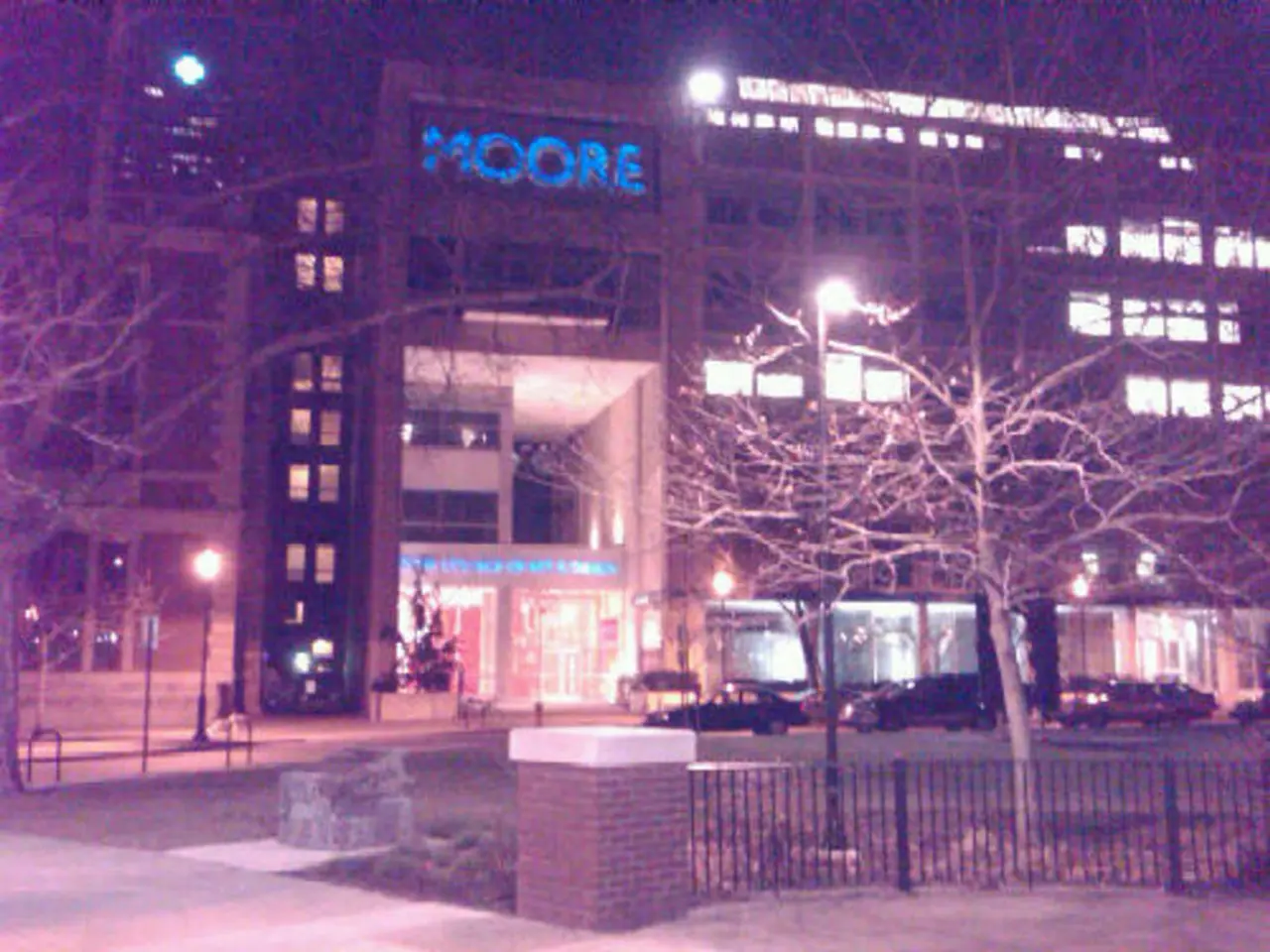Neurosurgeon responsible for care of eight million patients
In a groundbreaking development, Sierra Leone, a West African nation with a population of approximately 8 million, has gained access to neurosurgery for the first time. This significant milestone was made possible through the efforts of California-based nonprofit Mission:Brain and international partners, who supported Dr. Alieu Kamara, the country's first and only neurosurgeon as of January 2025 [1][3][4].
Born in a small village in eastern Sierra Leone, Dr. Kamara's resolve to become a doctor was solidified when he witnessed a friend's broken arm with no means of treatment. After honing his skills operating on patients with broken bones and fractures at Connaught Hospital, he recognised the need for neurosurgical expertise to address head and spine injuries [2].
April Sabangan, CEO of Mission:Brain, saw the potential in Sierra Leone and committed to a sustainable partnership, making it Mission:Brain's biggest capacity-building project yet. This partnership led to the training of 24 nurses in neurotrauma patient management and the establishment of a Sababu fund for indigent patients [5].
The government of Sierra Leone also played a crucial role, working to develop more sustainable systems, such as a dedicated neurosurgery ward and purchasing a CT scanner for Connaught Hospital. Spine and neurosurgical instrument sets were donated by Park's network and transported to Sierra Leone via Mercy Ships [6].
Dr. Kamara's journey to becoming a neurosurgeon included a 12-year stint in Jilin, China, where he earned both an MD and a Ph.D. in orthopedic surgery before returning to Sierra Leone in 2020 [7]. His practice at Connaught Hospital consists of two operating rooms shared by all surgical specialties, three rotating anesthesiologists, and a team of nursing staff [8].
The first-ever spine surgery in Sierra Leone was performed on Morie Abibu, a 56-year-old man paralysed from the neck down due to a mass growing at the base of his skull, pressing against his spinal cord. The mass was causing Abibu's slow suffocation [9]. Dr. Kamara is treating Abibu at Connaught Hospital, and the operation was supported by surgeons from Stanford and a neurosurgeon based in Morocco [10][11].
The collaboration between Mission:Brain, international partners, and Dr. Kamara has filled a critical healthcare gap in Sierra Leone, providing hope and care where previously there was none. This historic milestone marks a significant step forward in the country's healthcare system.
[1] Mission:Brain [2] The Neurosurgeon Who Came Home [3] First Neurosurgery in Sierra Leone [4] Morie Abibu's Story [5] 24 Nurses Trained in Neurotrauma Patient Management [6] Instrument Donations [7] Dr. Alieu Kamara's Background [8] Surgical Ward at Connaught Hospital [9] Morie Abibu's Condition [10] Stanford Surgeons Visit [11] Moroccan Neurosurgeon Offers Training
- While the first neurosurgery in Sierra Leone was performed on Morie Abibu, the operation was supported by surgeons from Stanford and a neurosurgeon based in Morocco, marking a significant growth in medical-conditions treatment in the country.
- Mission:Brain's partnership with Sierra Leone led to the training of 24 nurses in neurotrauma patient management, contributing to a reduced risk in health-and-wellness outcomes for many patients.
- With the dedication of Dr. Alieu Kamara, Sierra Leone was enabled to establish a CT scanner for Connaught Hospital, allowing for better diagnosis and treatment of various medical-conditions, particularly those related to brain and spine injuries.
- The goal of the international partnership and efforts of organizations such as Mission:Brain and nonprofits is the continued growth in accessibility to quality healthcare for all citizens in Sierra Leone, focusing on ESG considerations to ensure long-term financial credit and sustainability.
- Dr. Kamara's extensive education and training journey spanned multiple continents, with a 12-year stint in Jilin, China, where he earned both an MD and a Ph.D. in orthopedic surgery, and his returnto Sierra Leone was instrumental in the development of a sustainable healthcare system and scientific advancements for medical-conditions treatment in the country.




